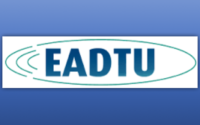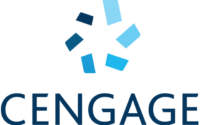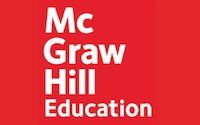
The Changing Pedagogical Landscape: In Search of Patters in Policies and Practices of New Modes of Teaching and Learning
The cases in this study reveal numerous positive incentives for stimulating innovation in education. Next to an institutional strategy plan on education and leadership for an innovative climate, the development of expertise on blended teaching and learning within the institutions and the continuous development of staff are seen as essential incentives. The examples of various […]
















